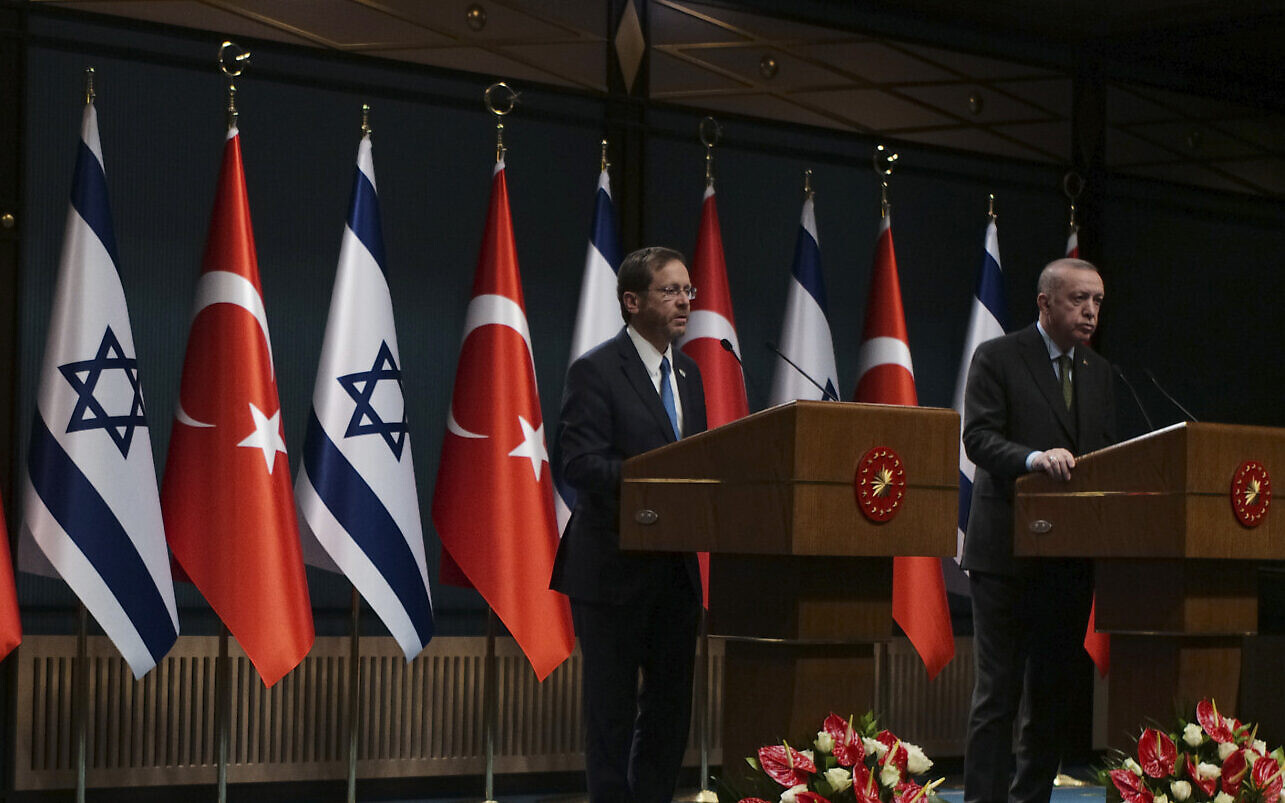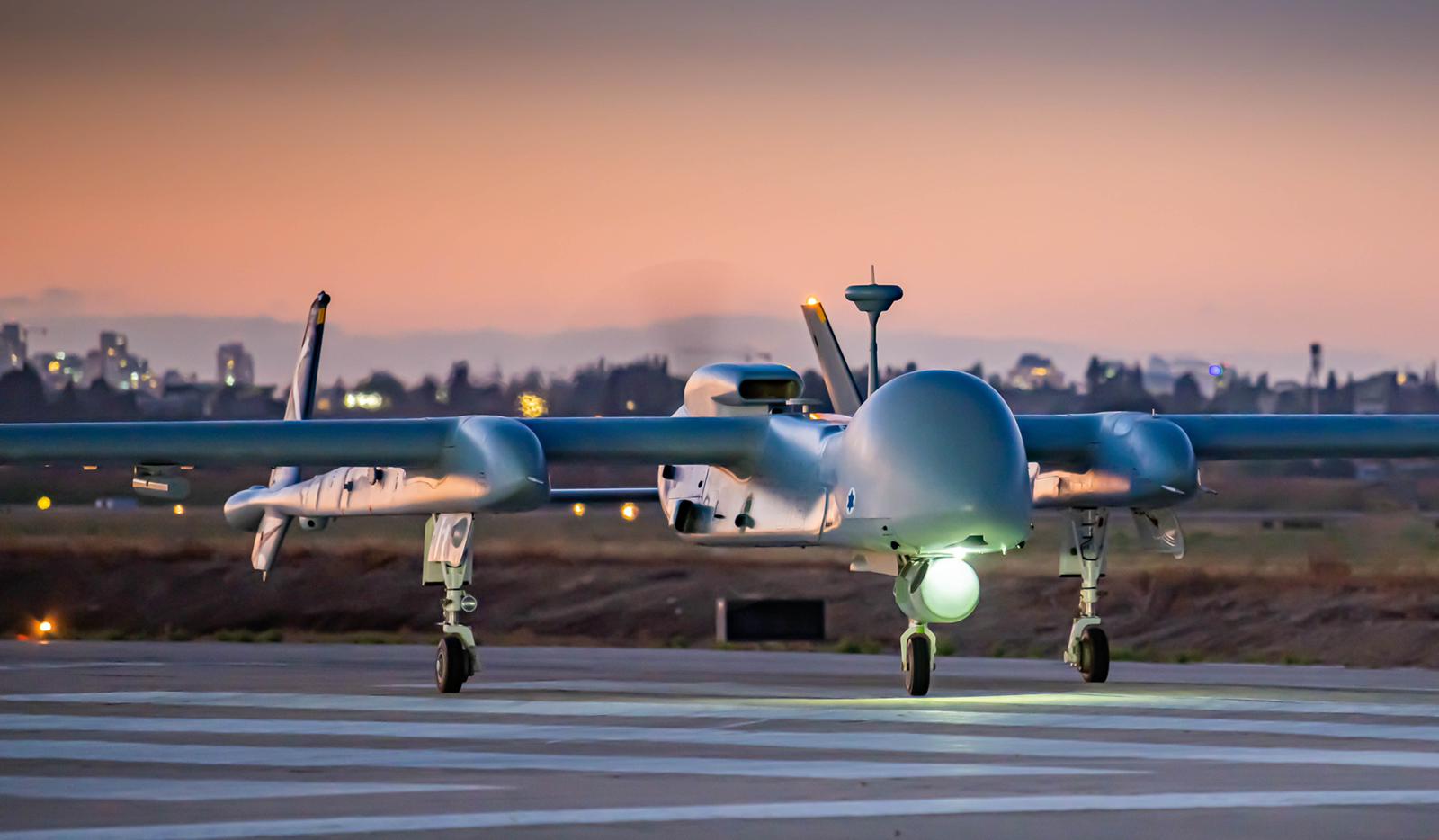Big_Zucchini
Well-Known Member
Iran's assassination attempt on Salman Rushdie, and blaming him for the incident, still gets no condemnation by Amnesty which saw it fit to equate Ukraine to the Islamic Jihad group.
This should be a wakeup call for the west that Iran has sympathizers primarily via religious affiliation all over the world that are willing and able to act against civilians and even potentially critical assets.
Israeli airstrikes in Syria near Tartus. As usual, target unknown, only different speculations. Some say Hezbollah outposts, some say Iranian and Syrian personnel and an air defense system.
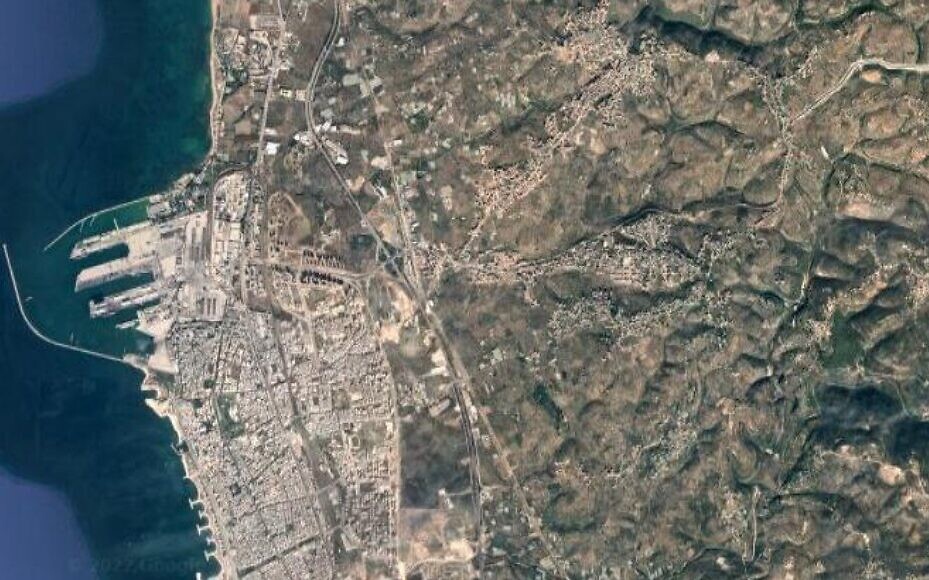
 www.timesofisrael.com
www.timesofisrael.com
Iran likely behind attack on US Al Tanf base, presumably in retaliation for Israeli strike described above.
Worth mentioning that recently Iran began retaliating against the US for Israeli strikes on Iranian assets. Hard to guess exactly what might be the interest there.
Article is from live blog, so link will be broken soon. Will try to update when possible.
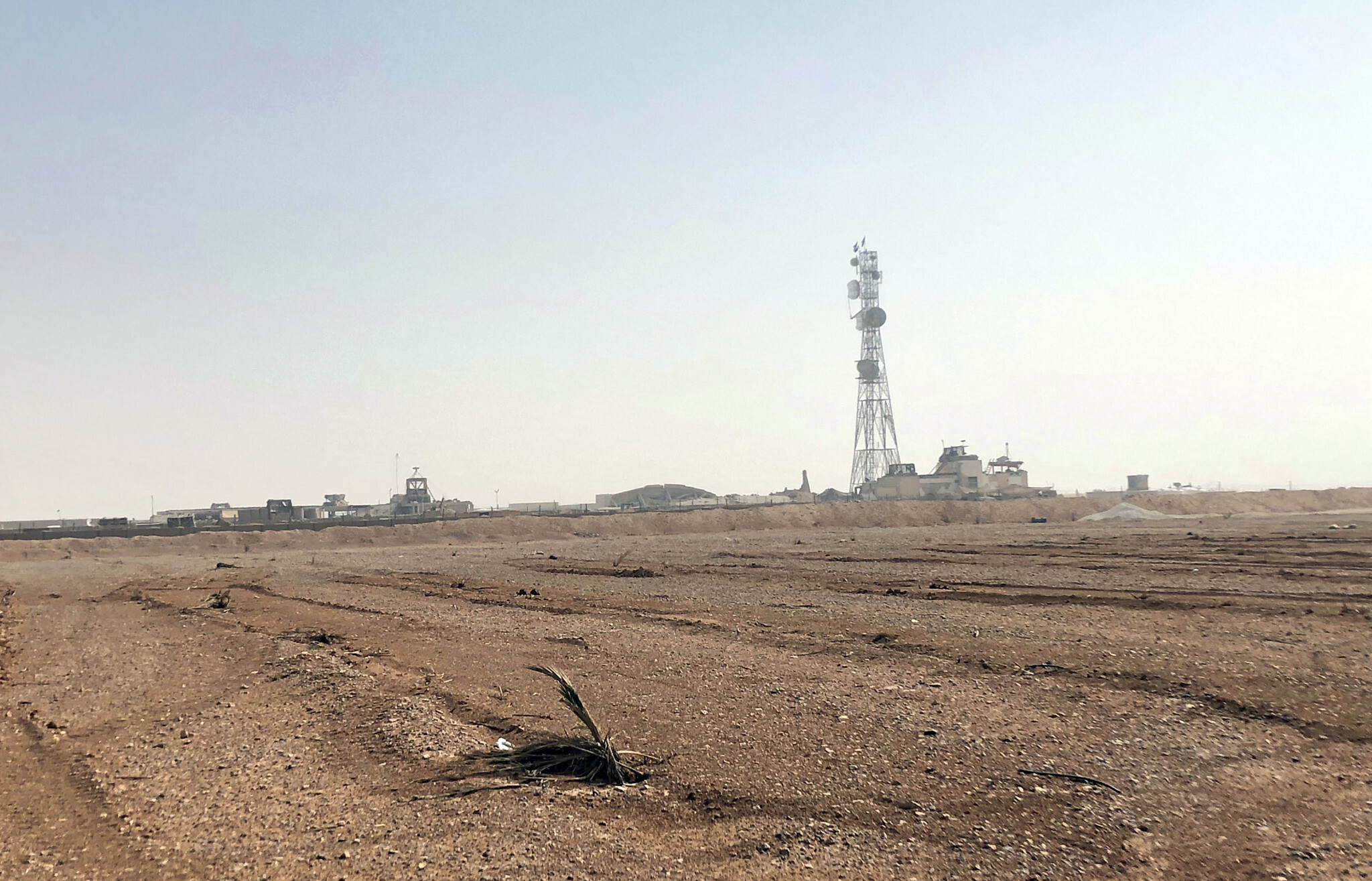
Israel continues operations against terrorist organizations and does not relax even after the operation has ended, which is a refreshing change. Operation Breaking Dawn is already considered the most successful operation in many years, and the current government continues that path.
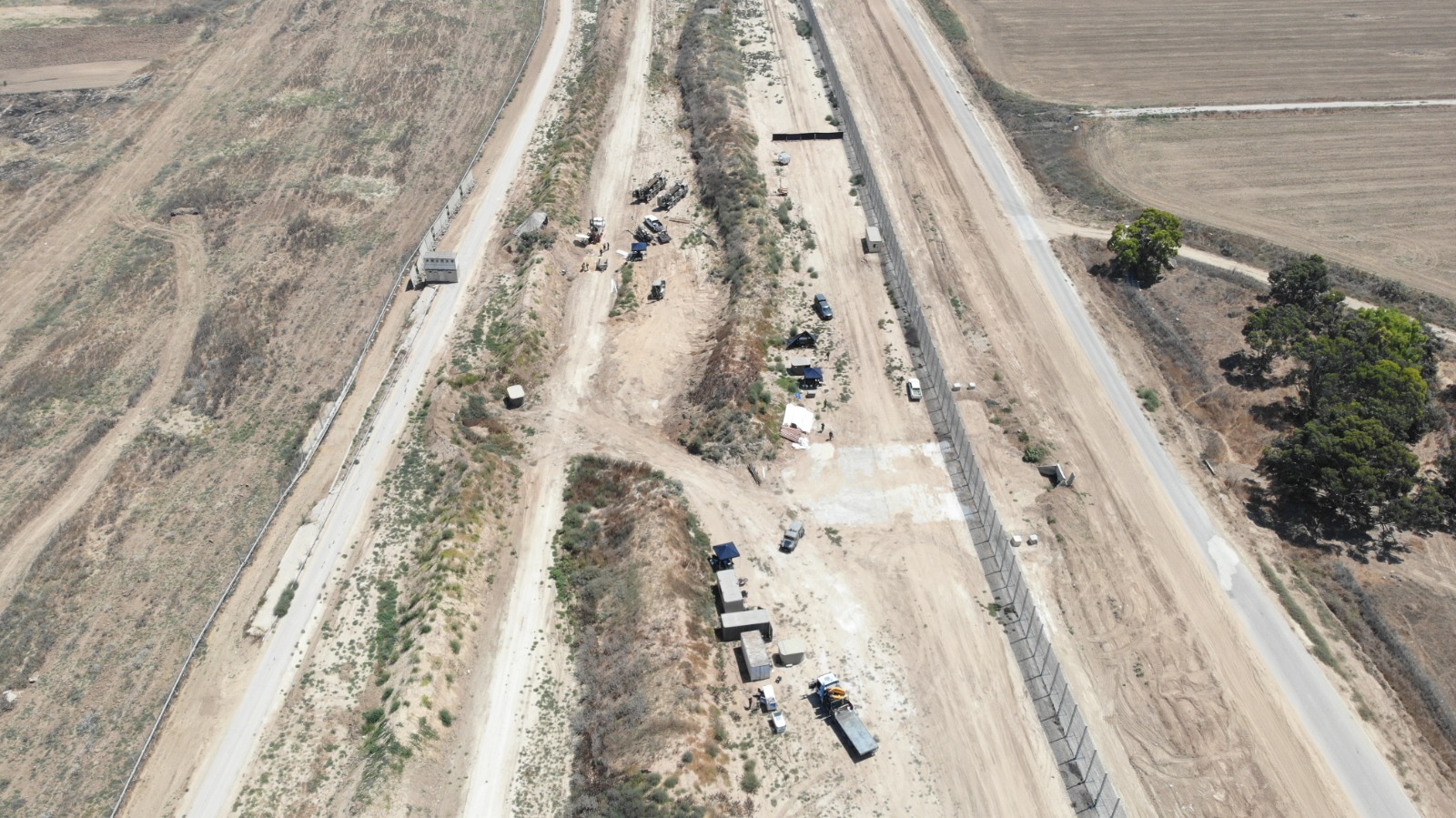
 www.timesofisrael.com
www.timesofisrael.com
Despite that, Israel's political crisis remains, and unlikely to end soon. Lapid, the quiet, friendly, and polite politician that didn't see combat in his life, brought Israel a huge military success which his elite fighters/commanders predecessors could only dream of, yet his popularity only rose slightly.
As is rightfully said, the political affiliations are baked into people, and they cannot see changes.
Despite the crisis, Israel manages to handle well against global crises and its volatile region's issues.
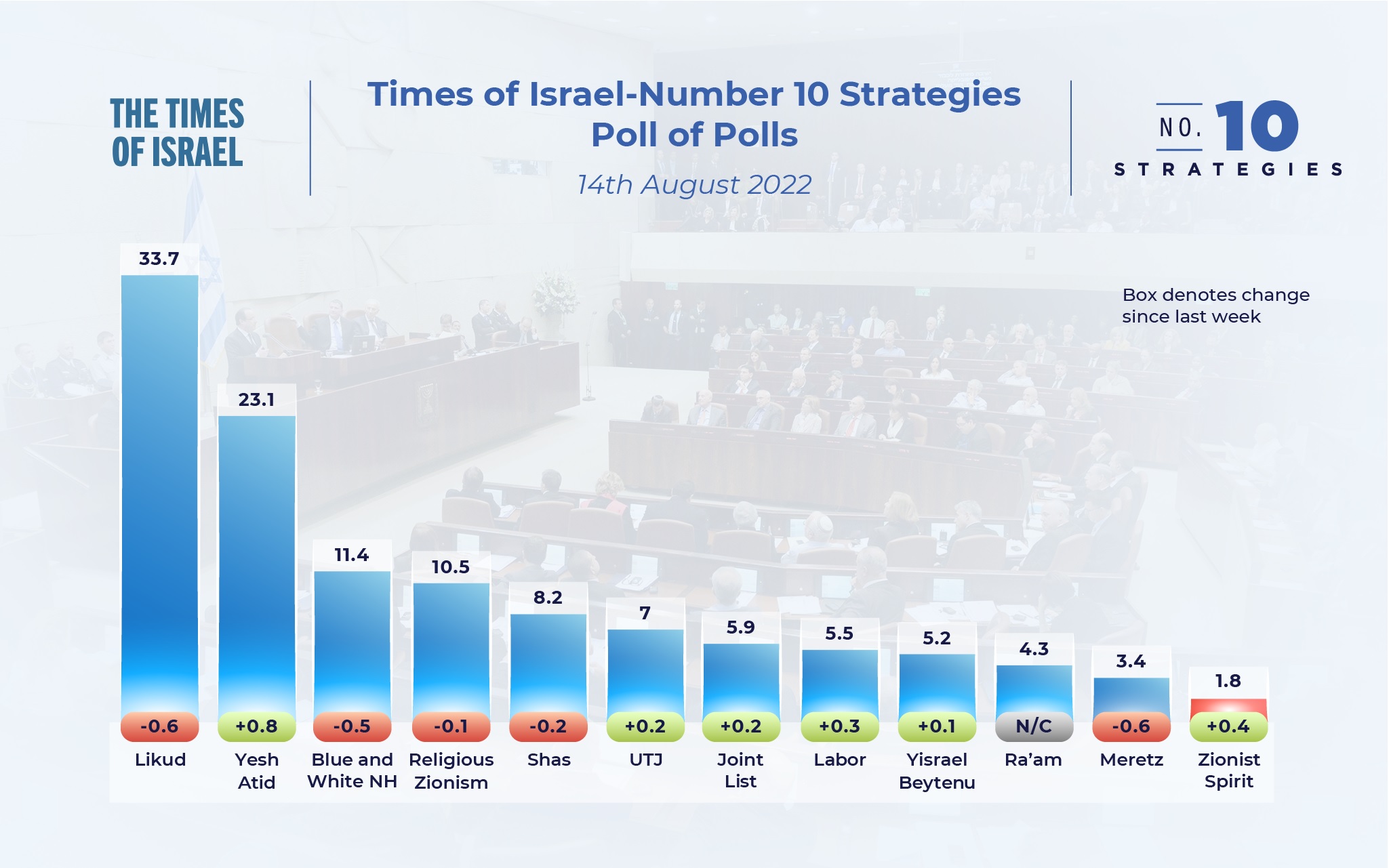
 www.timesofisrael.com
www.timesofisrael.com
This should be a wakeup call for the west that Iran has sympathizers primarily via religious affiliation all over the world that are willing and able to act against civilians and even potentially critical assets.
Israeli airstrikes in Syria near Tartus. As usual, target unknown, only different speculations. Some say Hezbollah outposts, some say Iranian and Syrian personnel and an air defense system.

Israeli airstrikes in Syria said to hit Iranian targets near Russian naval base
Syrian officer says Iranian base and nearby air defense system hit in Tartus; Hezbollah posts near Damascus also reportedly struck
Iran likely behind attack on US Al Tanf base, presumably in retaliation for Israeli strike described above.
Worth mentioning that recently Iran began retaliating against the US for Israeli strikes on Iranian assets. Hard to guess exactly what might be the interest there.
Article is from live blog, so link will be broken soon. Will try to update when possible.

Israel continues operations against terrorist organizations and does not relax even after the operation has ended, which is a refreshing change. Operation Breaking Dawn is already considered the most successful operation in many years, and the current government continues that path.

IDF says it foiled Hamas attack tunnel with two branches along northern Gaza border
Official says tunnel first struck during last year's war, but since repaired and extended by Hamas; it crossed into Israeli territory, but posed no danger due to underground wall
Despite that, Israel's political crisis remains, and unlikely to end soon. Lapid, the quiet, friendly, and polite politician that didn't see combat in his life, brought Israel a huge military success which his elite fighters/commanders predecessors could only dream of, yet his popularity only rose slightly.
As is rightfully said, the political affiliations are baked into people, and they cannot see changes.
Despite the crisis, Israel manages to handle well against global crises and its volatile region's issues.

Paltry bump for Lapid after Gaza op shows Israelis’ ‘electoral identity’ is baked in
Over two-thirds of voters think the PM handled the fight against Palestinian Islamic Jihad well, but so far that's barely boosted his party or changed the balance between the blocs




